How Many Data Types In Python?
4.9 out of 5 based on 4521 votesLast updated on 10th Aug 2024 4.7K Views
- Bookmark

Python supports several data types, including int, float, str, list, tuple, dict, and more. These types are used to store and manipulate various forms of data.

Python, known for its simplicity and readability, is a versatile programming language that offers a variety of data types to manage different kinds of data. Understanding these data types is crucial for any programmer, whether you're a beginner or an experienced developer. This blog will explore the different data types in Python, their uses, and how they can be leveraged effectively. Additionally, we’ll highlight the benefits of enrolling in a Python Programming Course or a Python Course in Noida to master these concepts.
Fundamental Data Types in Python
Python's data types can be categorized into several groups based on their nature and functionality. Let's dive into each of these categories:
Numeric Data Types
Numeric data types in Python are used to store numbers. There are three distinct numeric types:
- Integer (int): Integers are whole numbers without a decimal point. They can be positive or negative.
- Example: 10, -5, 0
- Usage: Used for counting, indexing, or any scenario where fractional numbers are not required.
- Float (float): Floats represent real numbers with a fractional component.
- Example: 10.5, -7.2, 3.14
- Usage: Used for precise calculations, measurements, or any context requiring decimal values.
- Complex (complex): Complex numbers have a real part and an imaginary part, represented as a + bj, where a and b are floats, and j is the imaginary unit.
- Example: 3+5j, -2.3+7.8j
- Usage: Used in scientific computations and complex mathematical problems.
Sequence Data Types
Sequence data types are used to store collections of items. These types include:
- String (str): Strings are sequences of characters enclosed in quotes.
- Example: "Hello, Python!", 'Data types in Python'
- Usage: Used for text manipulation, user input, and output representation.
- List (list): Lists are ordered, mutable sequences of items, which can be of different data types.
- Example: [1, 2, 3, "Python", 4.5]
- Usage: Used to store a collection of items, iterate over data, and perform various operations on data collections.
- Tuple (tuple): Tuples are ordered, immutable sequences of items.
- Example: (1, 2, 3, "Python", 4.5)
- Usage: Used when a collection of items should not change over time.
- Range (range): The range type represents an immutable sequence of numbers, typically used for looping a specific number of times in for loops.
- Example: range (0, 10)
- Usage: Used to generate a sequence of numbers, particularly in loops.
Mapping Data Types
Mapping data types store data in key-value pairs. Python has one primary mapping type:
- Dictionary (dict): Dictionaries are unordered collections of key-value pairs.
- Example: {"name": "Alice", "age": 25, "city": "New York"}
- Usage: Used to store data that needs fast lookups by key, often used in configurations and storing object attributes.
Set Data Types
Set data types store unordered collections of unique items:
- Set (set): Sets are unordered collections of unique items.
- Example: {1, 2, 3, 4, 5}
- Usage: Used for membership testing, removing duplicates from a sequence, and mathematical set operations.
- Frozen Set (frozenset): Frozen sets are immutable versions of sets.
- Example: frozenset([1, 2, 3, 4, 5])
- Usage: Used when an immutable set is required, particularly as dictionary keys.
Boolean Data Type
The boolean data type represents one of two values: True or False.
- Example: True, False
- Usage: Used for conditional testing and representing the truth value of expressions.
Binary Data Types
Binary data types include bytes, byte arrays, and memory views:
- Bytes (bytes): Immutable sequences of bytes.
- Example: b"Hello"
- Usage: Used for binary data manipulation and storage.
- Byte Array (bytearray): Mutable sequences of bytes.
- Example: bytearray(5)
- Usage: Used for mutable binary data manipulation.
- Memory View (memoryview): Allows access to the internal data of an object without copying.
- Example: memoryview(b"Hello")
- Usage: Used for efficient manipulation of large data buffers.
Advanced Data Types and Structures
Python also supports advanced data types and structures, which can be extremely useful for specific applications:
None Type
The None type represents the absence of a value or a null value.
- Example: None
- Usage: Used to indicate no value, end of lists, or default parameter values in functions.
Enumerations
Enumerations are a distinct type that consists of a set of named values.
- Example
- Usage: Used to define a set of named constants, improving code readability and maintainability.
You May Also Read:
Python Programming for Beginners
Python Interview Questions and
Answers
Data Science Interview Questions and
Answers
Benefits of Enrolling in a Advanced Python Programming Course
Mastering Python’s data types is just the beginning. Enrolling in an Advanced Python Programming Course can significantly enhance your skills. Here’s how:
· Structured Learning: Courses provide a well-structured curriculum that covers all essential topics systematically.
· Expert Guidance: Learn from experienced instructors who can provide insights and real-world examples.
· Practical Experience: Hands-on projects and assignments help you apply what you’ve learned.
· Comprehensive Coverage: Courses often cover basic to advanced topics, ensuring a thorough understanding of Python.
· Certification: A certification adds value to your resume and can boost your career prospects.
r those based in or near Noida, enrolling in a Python Course in Noida offers additional advantages:
· Local Networking: Connect with peers and professionals in the area, enhancing your learning experience.
· Interactive Classes: Classroom settings provide opportunities for direct interaction with instructors.
· Access to Resources: Utilize local resources and facilities for a more immersive learning experience.
· Placement Assistance: Local institutions often provide placement support, helping you find job opportunities in the region.
Why Choose Croma Campus?
Croma Campus is a leading provider of IT training courses, including Python. Here’s why you should consider Croma Campus for your Python training:
- Experienced Trainers: Learn from industry experts with extensive experience.
- Comprehensive Curriculum: Courses cover all aspects of Python, from basics to advanced topics.
- Hands-On Training: Gain practical experience through real-world projects.
- Flexible Learning Options: Choose from online or classroom courses to suit your schedule.
- Certification: Earn a recognized certification that enhances your career prospects.
- Placement Support: Benefit from job placement assistance to kickstart your career.
Conclusion
Understanding Python's data types is fundamental for any programmer. These data types allow you to handle and manipulate data efficiently, forming the backbone of your programming skills.
By enrolling in a Python Programming Course or a Python Course in Noida, you can gain a comprehensive understanding of these concepts, guided by experienced instructors, and get hands-on experience to apply your knowledge effectively.
Choose Croma Campus for a well-rounded learning experience that will prepare you for a successful career in programming.
Subscribe For Free Demo
Free Demo for Corporate & Online Trainings.



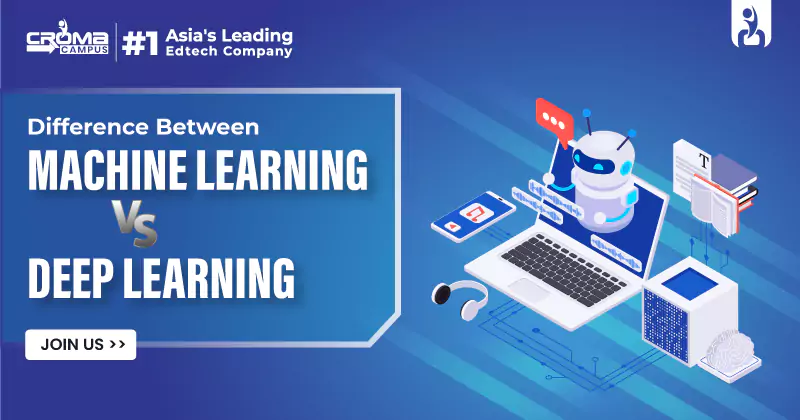
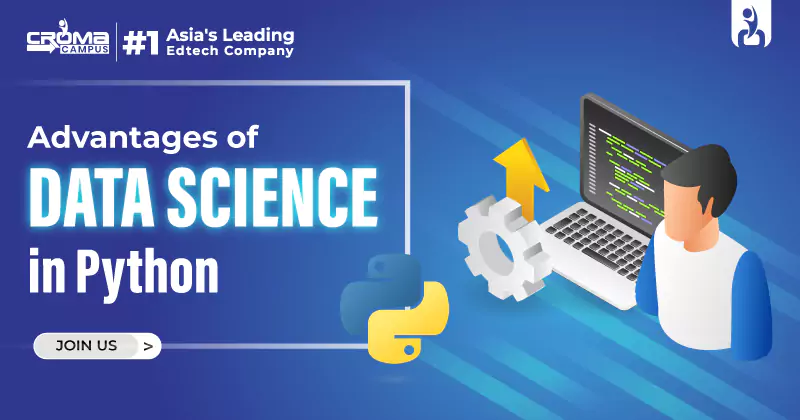



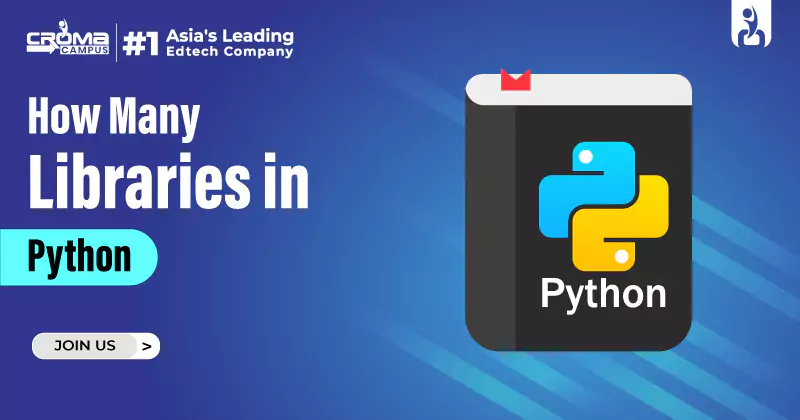

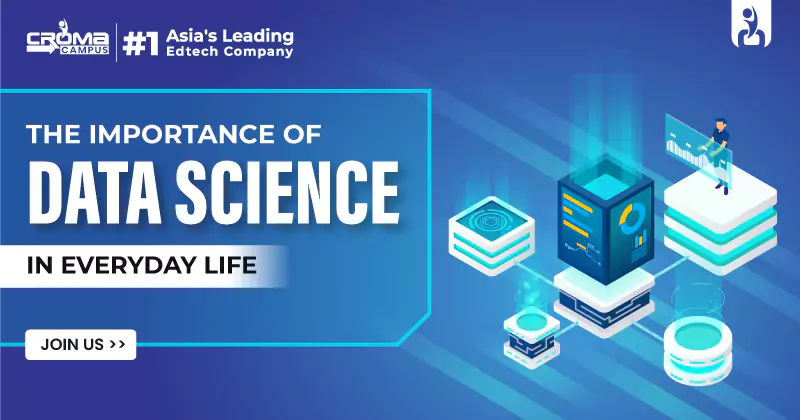
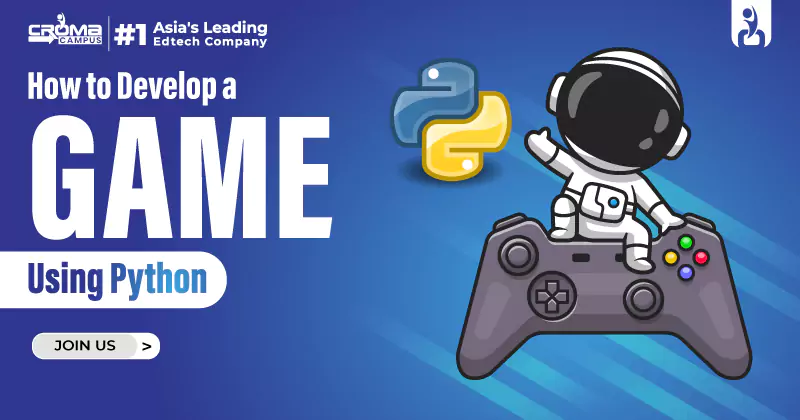













.webp)

.png)















